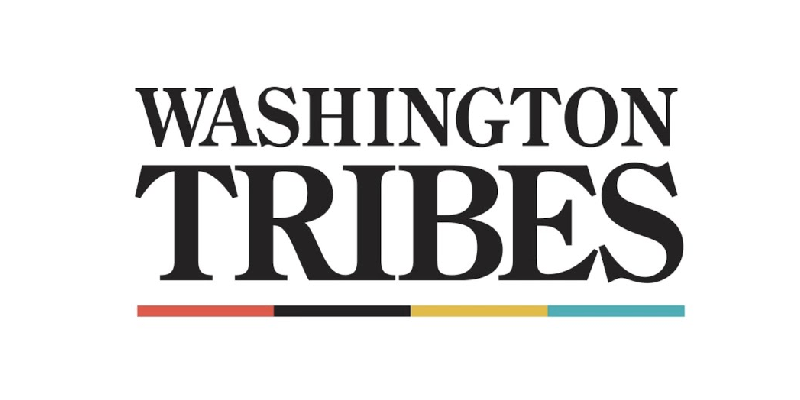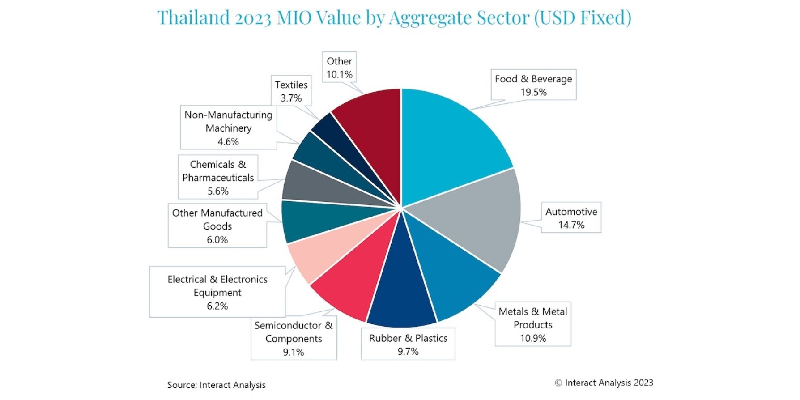
For what purposes is the Gambling Act white paper being used?
Westminster
In this day of ubiquitous cellphones and constant internet access, the release of the Gambling Act review white paper marks a watershed moment in the evolution of gambling regulation in the United Kingdom.
It is an understatement to claim that the evaluation has been highly awaited. Those in the know, including operator organisations, industry critics, and trade associations, have all been waiting patiently for the white paper to be published.
Since the UK government announced the review two years and four months ago, a lot has happened in that time: two prime ministers have resigned or been appointed, a cost of living crisis has been declared, and Russia has invaded Ukraine.
While the white paper does a good job of outlining industry expectations, it does have a few surprises, such as the creation of a gambling ombudsman to serve as a single point of contact for consumer questions about the industry.
This morning, DCMS secretary Lucy Frazer confirmed five long-rumored phrases from the white paper.
Please find the whole set of terminology below:
Price evaluations
Extensive affordability checks will be conducted on players who lose £1,000 in 24 hours or £2,000 in 90 days.
Players with a net loss over £125 monthly or £500 annually will now be subject to "passive" audits by operators.
Stakeholder limits: a meeting
The Department of Culture, Media, and Sport (DCMS) is to consult on a proposed slot machine stake limit, with a potential range of £2 to £15 per play.
For new accounts, lower thresholds are in place.
Young adults (those between the ages of 18 and 24) should have the triggers for more stringent inspections cut in half because of the increased risk of gambling-related harms to this demographic.
Updated RET budget
Operators are obligated to pay a statutory fee to the GB Gambling Commission. This levy will support initiatives related to gambling harm research, education, and treatment (RET).
The DCMS will conduct a consultation in the summer of 2023 to discuss the project's scope and design.
Someone who can help resolve disputes
Establishment of a fully autonomous gambling ombudsman to handle player grievances
By compiling this data, the ombudsman will aid the industry in supporting disadvantaged populations and the GB Gambling Commission in carrying out more focused enforcement actions.
At first, participation in the ombudsman's services will be entirely optional. On the other hand, DCMS will pass legislation to establish the need for an ombudsman if the proposal receives negative feedback from the industry.
Providing Backing to the Gaming Commission
Reviewing "intensifying features" that potentially increase danger, the Commission will update design standards for online games.
More stringent regulations on VIP programs to safeguard vulnerable gamblers
To make sure it has the money to implement the recommendations in the white paper, the Commission's fees will be reviewed in 2024.
White label casinos run by licensees for other brands will have their expectations reaffirmed by the regulator.
We will investigate potential regulations for contests and prize draws.
Raising lanes for use on land
Class D gaming devices, commonly called fruit machines, are off-limits to anyone under the age of 18.
DCMS will collaborate with the Commission to develop consultation options for contactless payments, taking into account the potential impact on player protection.
The Commission is contemplating revising the motto "Think 25" to replace "Think 21" as the age verification policy for land-based licensees.
It is going to be legal for casinos to have sports betting on the house.
Larger casinos will be able to install up to five times as many slot machines as they can table games.
The number of additional machines that smaller casinos may accommodate will be proportional to their size and the amount of space they have available that is not used for gaming.
Evaluation criteria for ads
Online bonus and gaming opt-in options are among the new consumer controls that the Commission plans to study on.
More robust and efficient informational message against gaming risks will be implemented.
Fighting the underground market
Currently, payment providers have voluntarily agreed to prohibit websites that operate unlawfully in the gaming industry. In order to enable the Commission to seek a court order compelling providers to block these sites, DCMS is seeking to offer this legislative backing.













